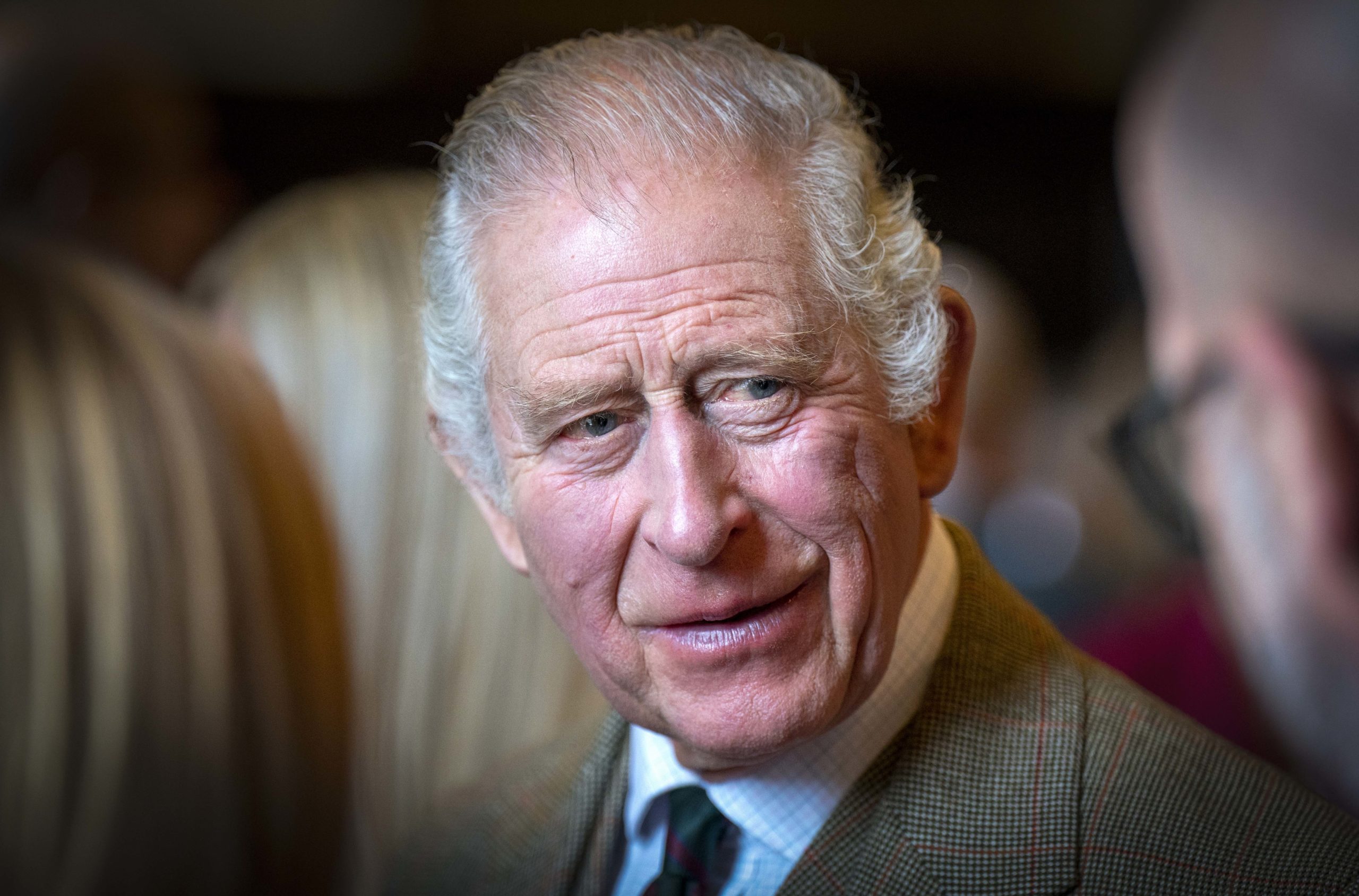In a bold move toward sustainability, King Charles has announced the conversion of the royal fleet of Bentleys to biofuels. This initiative not only symbolizes a shift in royal traditions but also aligns with the monarch's long-standing commitment to environmental issues. As climate change continues to pose a significant threat to our planet, the King's decision reflects a growing awareness and responsibility among world leaders to adopt greener practices. The Bentleys, synonymous with luxury and elegance, will now embody a modern ethos of sustainability, showcasing that even the most opulent of vehicles can adapt to the urgent need for environmental consciousness. This transformation is expected to set a precedent for other royal families and high-profile individuals to follow suit, making it a significant moment in the history of royal influence on public attitudes toward sustainability.
The royal family's embrace of biofuels is not just about reducing carbon emissions; it's a message to the world that change is possible, even in the most traditional institutions. King Charles has long been an advocate for organic farming, wildlife conservation, and renewable energy sources, and this latest initiative underscores his dedication to these causes. By converting state Bentleys to biofuels, the King aims to inspire a broader movement towards sustainable transportation and encourage the use of alternative fuels that are less harmful to the environment.
As the world grapples with the consequences of climate change, the significance of such actions cannot be overstated. The conversion of state Bentleys to biofuels marks a pivotal moment that intertwines the royal legacy with pressing global issues. It raises important questions about the future of royal traditions in the face of modern challenges and highlights the responsibility of leaders to champion sustainable practices. How will this initiative influence others in positions of power? Only time will tell.
What is King Charles' Vision for Sustainability?
King Charles has long been an advocate for sustainability, often speaking out on the importance of protecting the environment. His vision encompasses a variety of initiatives aimed at promoting ecological balance and reducing the carbon footprint of the royal household.
How Did the Idea of Converting Bentleys to Biofuels Come About?
The concept of converting state Bentleys to biofuels arose from discussions within the royal family about the need for more sustainable practices. The King's personal experiences and insights into the effects of climate change played a significant role in shaping this decision.
What Are Biofuels and Their Environmental Benefits?
Biofuels are derived from organic materials, such as plants and waste products, making them a renewable energy source. Their benefits include:
- Reduction of greenhouse gas emissions
- Less reliance on fossil fuels
- Potential for promoting local agriculture and economies
What Challenges Might King Charles Face with This Transition?
While the conversion of state Bentleys to biofuels is a commendable step, it is not without challenges. The logistics of retrofitting luxury vehicles, ensuring availability of biofuels, and maintaining performance standards are all critical considerations.
How Will This Move Affect the Royal Family's Image?
By embracing biofuels, the royal family is likely to enhance its image as a forward-thinking institution. However, there may also be critics who question the authenticity of such efforts, given the historical ties to luxury and opulence.
What Other Sustainable Initiatives Has King Charles Undertaken?
King Charles has a rich history of supporting various sustainable initiatives, including:
- Advocacy for organic farming
- Promotion of renewable energy sources
- Contributions to wildlife conservation efforts
Will Other Royal Families Follow King Charles' Example?
The impact of King Charles' decision to convert state Bentleys to biofuels may inspire other royal families to consider similar measures. As public awareness of climate issues grows, the pressure on influential figures to take action will likely increase.
What Are the Potential Economic Impacts of This Initiative?
The shift to biofuels could have economic implications, including:
- Increased demand for biofuel production
- Job creation in sustainable industries
- Encouragement of investments in green technologies
Conclusion: A New Era for the Royal Family?
King Charles' decision to convert state Bentleys to biofuels represents a significant step toward a more sustainable future. As the world looks to leaders for guidance in the face of climate challenges, the royal family's actions may pave the way for a new era of environmental responsibility and innovation.
| Detail | Information |
|---|---|
| Name | King Charles III |
| Date of Birth | November 14, 1948 |
| Occupation | Monarch, Philanthropist |
| Interests | Environmental conservation, organic farming, architecture |
| Notable Initiatives | Prince's Trust, The Duchy Originals |
Overall, King Charles converts state Bentleys to biofuels not just as a personal initiative but as a call to action for leaders worldwide to embrace sustainable practices and make a lasting impact on the planet's health.
:max_bytes(150000):strip_icc():focal(749x0:751x2)/king-charles-012624-2-9cd6206f354d4e72bce30af1bb8b91af.jpg)


